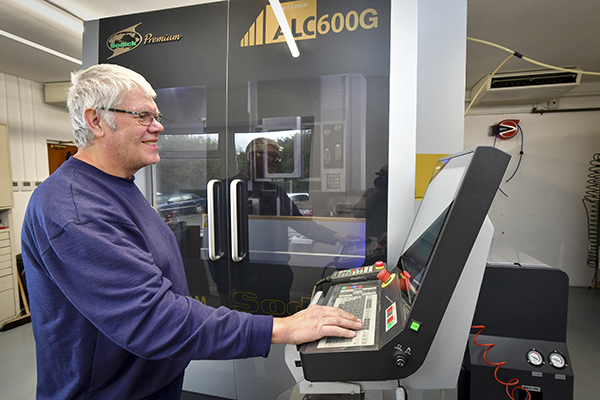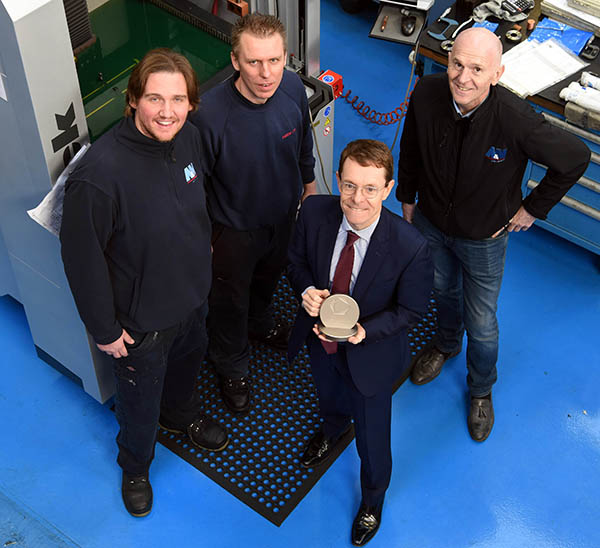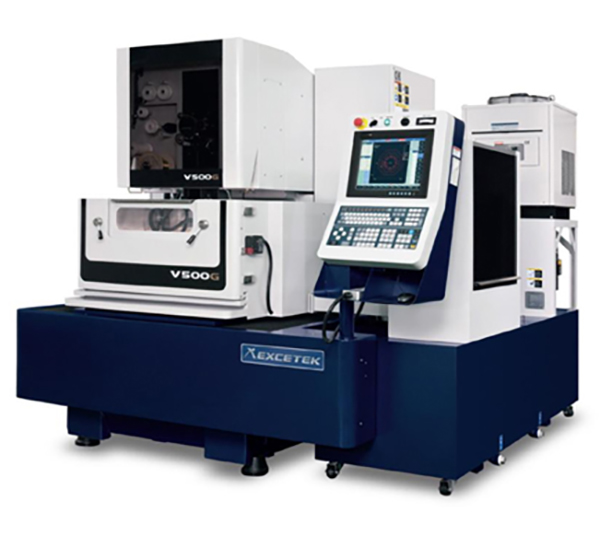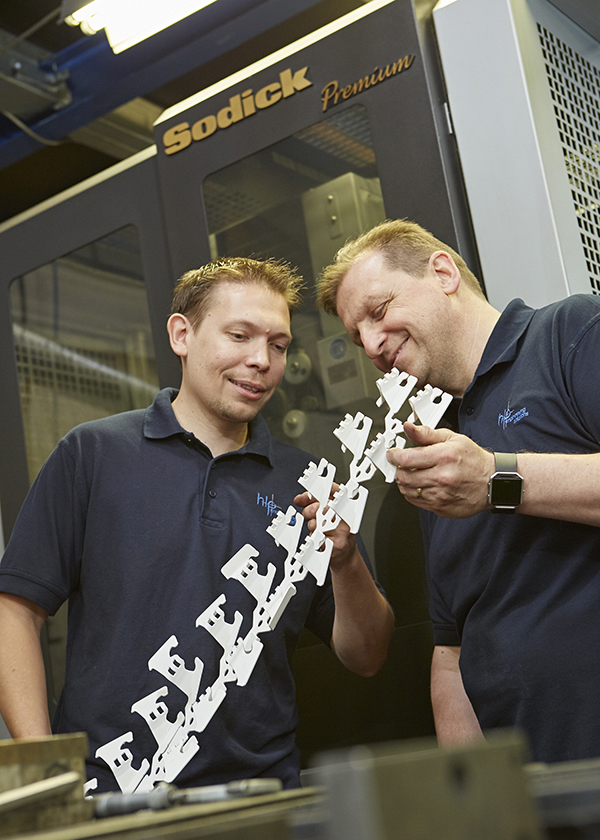The world leader in kettle controls, Strix Ltd, has invested in the latest Sodick ALC600G wire erosion technology from Sodi-Tech EDM.

As a result of its investment, the 800-employee company has improved cutting speeds by 20-30%, saved significant sums in consumables and achieved far higher levels of reliability.
Global headquarters is near Castletown on the Isle of Man, which is supported by a manufacturing site just up the road, at Ramsey, and a manufacturing/assembly facility in Guangzhou, China.
“We’ve had two wire EDMs working 24-7 for the past 18 years, so the time had come to consider making the leap to the latest technology,” explains toolroom manager John Roy. “All of our press tooling is made from carbide, so wire EDM is the only realistic way
of manufacturing.”
The new ALC600G has replaced one of the older wire EDMs on site at Strix, and been set to work producing the press tooling – punches and dies – required to produce electrical components such as the bi-metal discs that respond to steam and switch off the kettle. Press tools are often manufactured to produce two or three different components simultaneously.
“Our new Sodick wire EDM is also used to produce replacement punch and die inserts for existing press tools,” says Roy. “We certainly have no shortage of work for the machine. It now runs 24 hours a day, seven days a week. Our new Sodick has benefitted the toolmaking operation at Strix in so many ways. Not only is the cutting speed 20-30% faster than our previous machine, but it is a lot more reliable and uses far less wire.”
For further information www.sodi-techedm.co.uk























